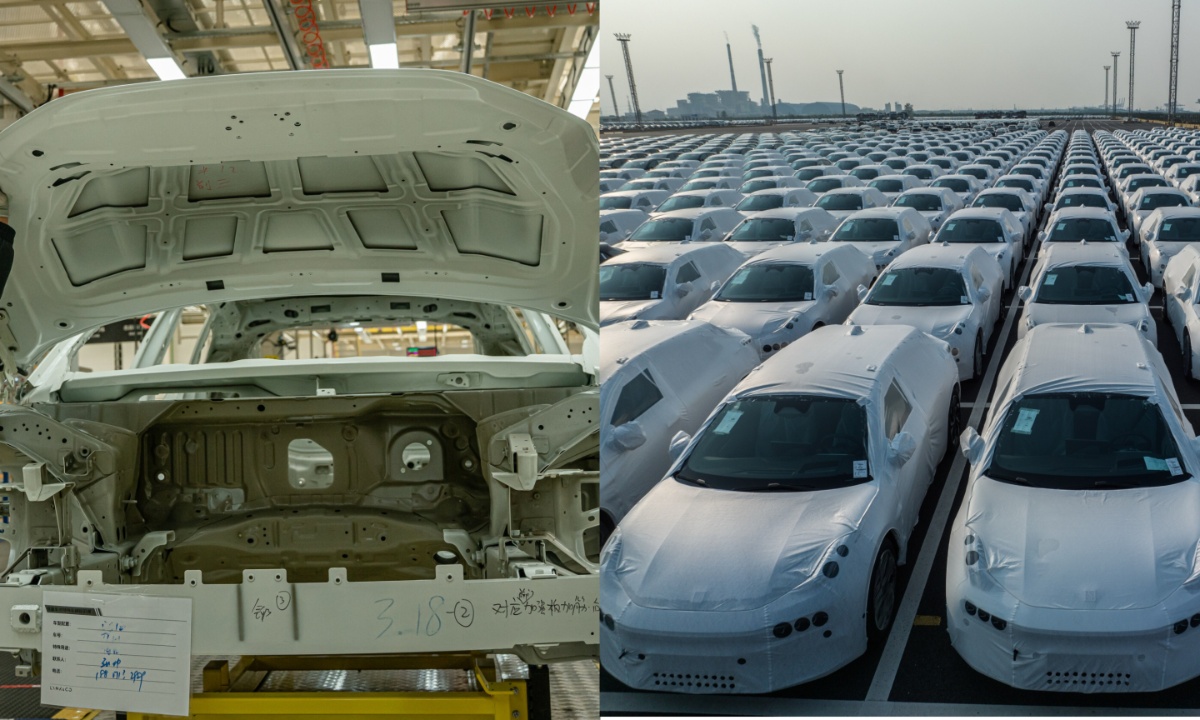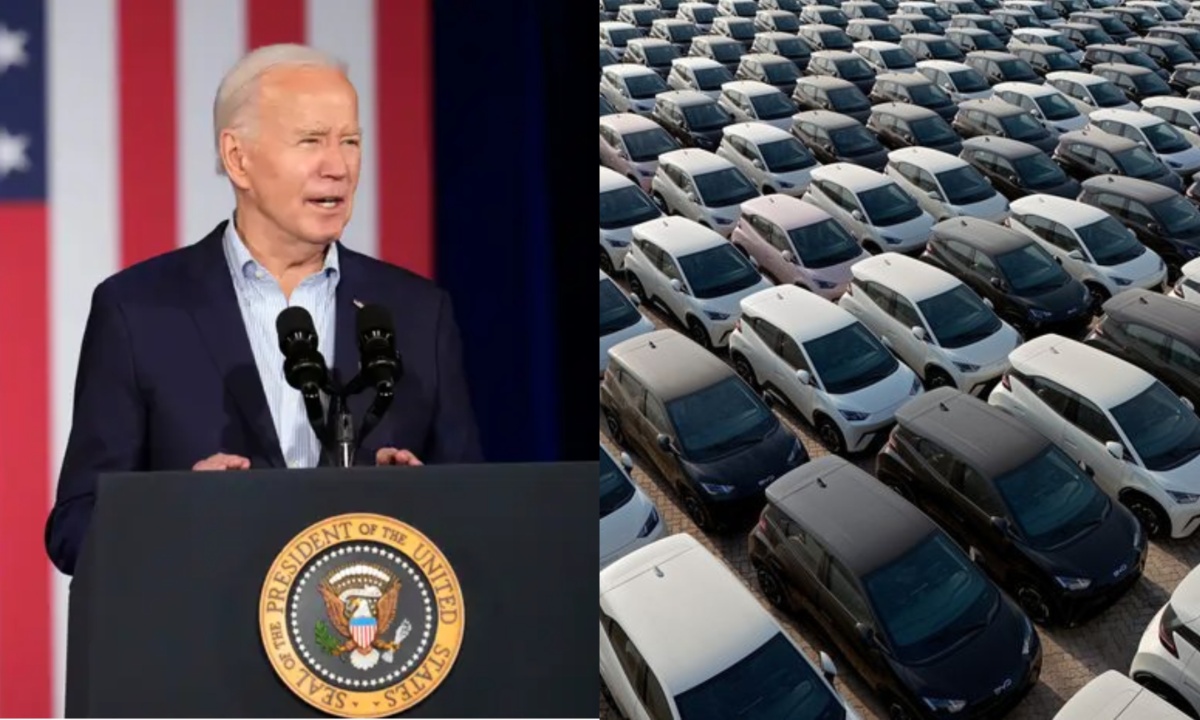The automotive industry is abuzz with whispers of potential tariffs targeting Chinese electric vehicles (EVs) under President Biden’s administration. These levies are anticipated to extend beyond EVs to encompass batteries and solar equipment, representing a strategic departure from the broad tariffs favored by the previous administration.
Details of the impending tariffs are yet undisclosed, but insiders suggest an announcement may come as early as next week. With geopolitical tensions escalating, Biden’s administration is driven by national security concerns, particularly regarding Chinese car imports, casting a shadow of uncertainty over Chinese automakers eyeing the lucrative American market.
The Commerce Department’s ongoing investigation, initiated in February to assess national security risks linked with imported Chinese vehicles, underscores the gravity of the situation. Commerce Secretary Gina Raimondo has hinted at the possibility of “extreme action,” potentially including bans or stringent restrictions on Chinese-connected vehicles deemed hazardous.

The US government’s scrutiny of Chinese EVs has elicited varied responses. Chinese industry experts decry the move as politically motivated, cautioning against its adverse effects on fair market competition. China’s Foreign Ministry warns of disruptions to supply chains, with potential repercussions for the US economy.
Amidst these uncertainties, some Chinese auto leaders like Nio’s founder and CEO, William Li, remain undeterred. Li, fresh from a visit to the US, optimistically envisions a future where Chinese-branded cars thrive on American roads. He advocates for increased collaboration, especially in artificial intelligence, amidst a world marked by growing fragmentation.
However, the extent to which the Biden administration’s tariffs will impede Chinese EVs’ entry into the US market remains uncertain, with challenges and increased costs looming for many Chinese automakers despite pockets of optimism.

